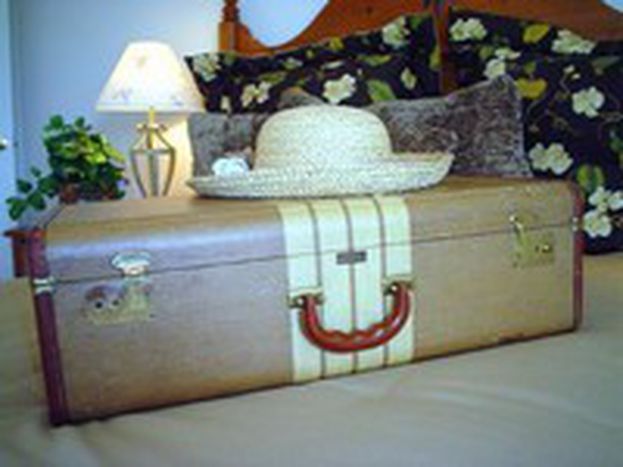
The "Europatriot" tribe
Published on
Translation by:
 nathalie harris
nathalie harris
Europeans are becoming increasingly mobile. Here, the philosopher and sociologist Bernard Girard explains why, and some Europatriots give their tips for living abroad.
According to figures published by Eurostat in January 2003, migration within the ‘old continent’ affects 5.7 % of its population of approximately 455 million people. About 21 million people live in a European country other than that of their origin - 7 million of these are EU nationals.
Why move?
So what is it that sways an Italian to leave his country and try his luck in England? Factors such as a rise in university exchange programmes like Erasmus (more than one million students have taken part since 1987), Socrates or Leonardo; increased professional mobility; linguistic apprenticeships; the freeing up of borders; or even more romances between Europeans, may explain this original pattern. Not to mention, as Bernard Girard put it, "the minority that go into exile purely for tax reasons, mainly liberal professions".
The complexity and variations of migration make these people difficult to account for. According to Bernard Girard, "statistical treatments don't deal with the real evolution of trends of the past few years." Outside official figures and other graphics, a tribe is slowly but surely forming within the 25. Their code name: the Europatriots. They study in Germany, work in Budapest and marry in Tuscany. Proud of their European citizenship, they eagerly cross the continent and their existence is sometimes like an endless game of jumping borders.
From working to buying abroad
This new nomadic lifestyle could, says Girard, assume three distinct forms. "One encourages the formation of European micro-markets like London" he explains. "The British capital is becoming a centre of European finance which involves numerous highly qualified community nationals, and migrants with (often) prestigious university qualifications behind them". This cosmopolitan feel can also be observed in Brussels and Luxembourg. The sociologist also highlights the "migration of seasonal personnel in the property and agriculture sectors", which is increasingly becoming the domain of Poles, Hungarians and Romanians. Right into the eighties, this area was reserved for the Portuguese and Spanish. Today, thanks to their dynamic economies, these countries have themselves become popular places to emigrate to.
"Finally, a third trend is showing" Girard continues, "it concerns retired or fortunate people who buy houses and live a few months abroad". A glance at the property market of certain regions in France, Italy or Spain is enough to confirm an increase in the number of foreigners who become purchasers. According to a study carried out for Immostreet, an association of estate agents in France, the buying of French property by foreigners increased by 3 % in 2002. The English represent a large part of this rise, constituting 40 % of all foreign purchasers and possessing 3 % of rural space in France. Likewise, almost one million Germans are proprietors in other EU states.
This triple exodus is, however, unsurprising since "free movement and the disappearance of borders allows for enlargement and intensifying of travel which is initially on a national level. This trend has already been observed in the United States, and is not specific to Europe". In the future, the migrants' favourite countries will be those “whose languages are easy to learn and which are open to foreigners.” In this case, it is England and Ireland who risk becoming the new Eldorado of these individuals "on the road".
Don’t go unprepared
Before you leave, remember to pack your suitcase with good intentions. Angel, a Spaniard who has lived in places as diverse as the Hague, Cardiff and Washington, advises any prospective Europatriot to be "100% sure about their decision." Don't move just to escape reality because problems are the same everywhere, even in the Costa Blanca sunshine. Judith, a 24-year-old Hungarian student, points out that it is worth "carefully studying a country, its culture, its food, and its customs before leaving in order to avoid any disappointments or misunderstandings." Read the country’s famous authors, watch its films or get in touch with other expatriates to give you a taste for the country's local customs. According to Martha, who lived in Paris, "communication" is a common pitfall. It is best to learn a couple of basic words so as not to be automatically taken for a tourist... and treated like one. In the same way, Angel warns against "the risk of sticking to your fellow countrymen. This can be comforting in the beginning but it can become a barrier to integration." For Joscha, a French legal expert, "Patience, a smile and self-confidence" are key to successfully living abroad. And above all, as Martha points out, "consider your small problems of adapting as a prelude to the best adventure of your life". And it should be.
Translated from La tribu des europatriés


